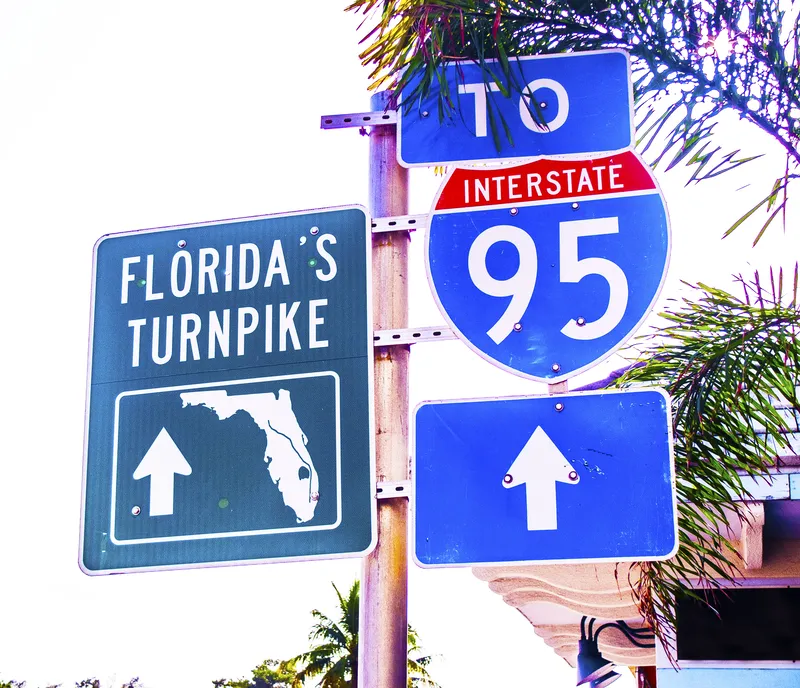The province of Ontario is partnering with Thales Canada, a subsidiary of France-based Thales Group, to develop the next generation of rail signalling solutions for the province’s railways. Ontario, which is home to almost half of Canada’s full time R&D personnel, will invest up to US$9.4 million (CA$12 million) through the Jobs and Prosperity Fund with the overall project investment value set to reach approximately US$62.5 million (CA$80 million).
Ontario, which spends more than US$11 billion (CA$14 bi
April 14, 2016
Read time: 2 mins
The province of Ontario is partnering with 596 Thales Canada, a subsidiary of France-based Thales Group, to develop the next generation of rail signalling solutions for the province’s railways. Ontario, which is home to almost half of Canada’s full time R&D personnel, will invest up to US$9.4 million (CA$12 million) through the Jobs and Prosperity Fund with the overall project investment value set to reach approximately US$62.5 million (CA$80 million).
Ontario, which spends more than US$11 billion (CA$14 billion) annually on R&D, is supporting Thales Canada as it upgrades its mass rail signalling products to improve transit safety and sharpen its global competitive edge. The project will create 126 jobs in the province and retain another 963 over five years.
Utilising Ontario’s workforce, the project will focus on research and advanced engineering to develop Canada’s Communication-based Train Control (CBTC) solutions for mass transit, including subways, light rail and commuter rail systems.
Ontario, which spends more than US$11 billion (CA$14 billion) annually on R&D, is supporting Thales Canada as it upgrades its mass rail signalling products to improve transit safety and sharpen its global competitive edge. The project will create 126 jobs in the province and retain another 963 over five years.
Utilising Ontario’s workforce, the project will focus on research and advanced engineering to develop Canada’s Communication-based Train Control (CBTC) solutions for mass transit, including subways, light rail and commuter rail systems.









